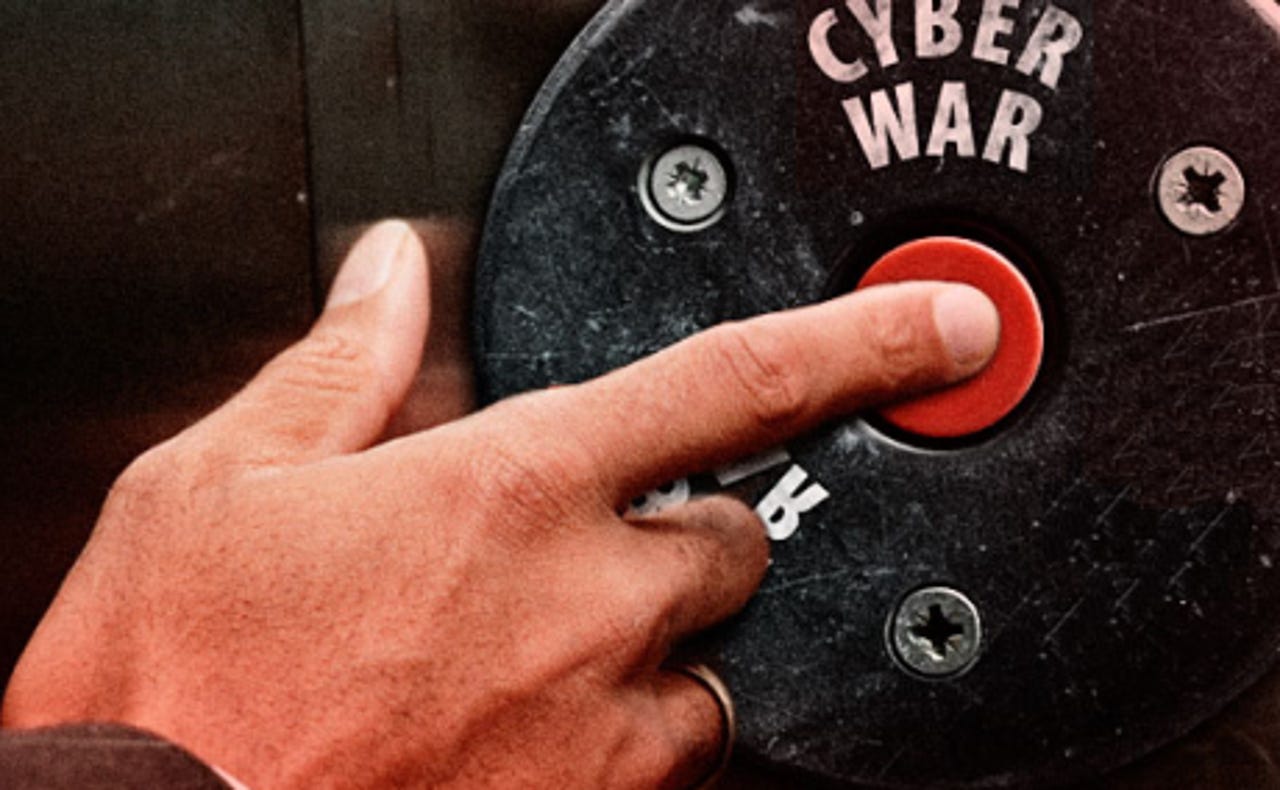US 'won't stand idle' in charging China over cyberattacks


The United States government is refusing to "stand idle" in the face of state-sponsored cyberattacks, according to a senior US officials who used the country's pursuit of China to demonstrated his point.
Deputy National Security Advisor for Strategic Communications Ben Rhodes told reporters attending the Asia-Pacific Economic Cooperation (APEC) forum that the White House will not stand idle in relation to global espionage, as reported by Reuters.
President Obama has visited Beijing this week in order to attend the APEC forum, a meeting of Asia-Pacific leaders over international relations. According to TIME, the meeting has resulted in an agreement between the US and China aimed at removing myriad tariffs on high-tech goods in order to boost the international sales of IT products.
These forums give world leaders the chance to communicate face-to-face over important issues, and Rhodes says that the problem of cyberespionage is best dealt with through such dialogue.
Cybercrime, spying and surveillance has placed a severe strain on the relationship between the United States and China. Confidential documents leaked by former US National Security Agency (NSA) contractor Edward Snowden revealed the depths of US surveillance and spying worldwide, including the government hacking of Chinese telecommunications firms and research institutes.
In contrast, a report by US security company Mandiant last year claimed that China was behind an "overwhelming" percentage of cyberattacks on US organizations and companies. The US had also said hackers based in China have targeted the country's government and corporate computer networks, in order to steal sensitive data.
In May, the US charged five Chinese nationals described as "military hackers" with breaking into US corporate networks in order to steal valuable trade information.
Chinese officials have rejected these claims, saying there is no technical basis for such allegations.
Last month, FBI Director James Comey compared Chinese hackers to "drunk burglars" in a world where cybercrime has reached "epidemic" proportions. Speaking to CBS, Corney said:
They steal information that will benefit their industry. [They are trying to get] Information which is useful to them; so they don't have to invent — they can copy or steal, or learn about how a company might approach negotiation with a Chinese company — all manner of things.
According to the FBI director, Chinese hackers cost US businesses billions every year.
In order to improve relations between the countries, a cybersecurity working group which will be formed jointly by the US and China is being set up. US Defense Secretary Leon Panetta recently said both sides had discussed ways to cooperate on cybersecurity, commenting:
Because the United States and China have developed technological capabilities in this arena, it's extremely important that we work together to develop ways to avoid any miscalculation or misperception that could lead to crisis.
Read on: In the world of security
- Apple Pay rival CurrentC hacked
- FBI Director: Mobile encryption could lead us to 'very dark place'
- FBI chief compares Chinese hackers to 'drunk burglars'
- Hackers infiltrate White House network
- Teen hackers charged with stealing $100 million in Army, Microsoft tech
- Enterprise network security takes backseat to speed: McAfee
- Military secrets theft hacking trail leads to Russia
- Facebook doubles advertising bug bounty